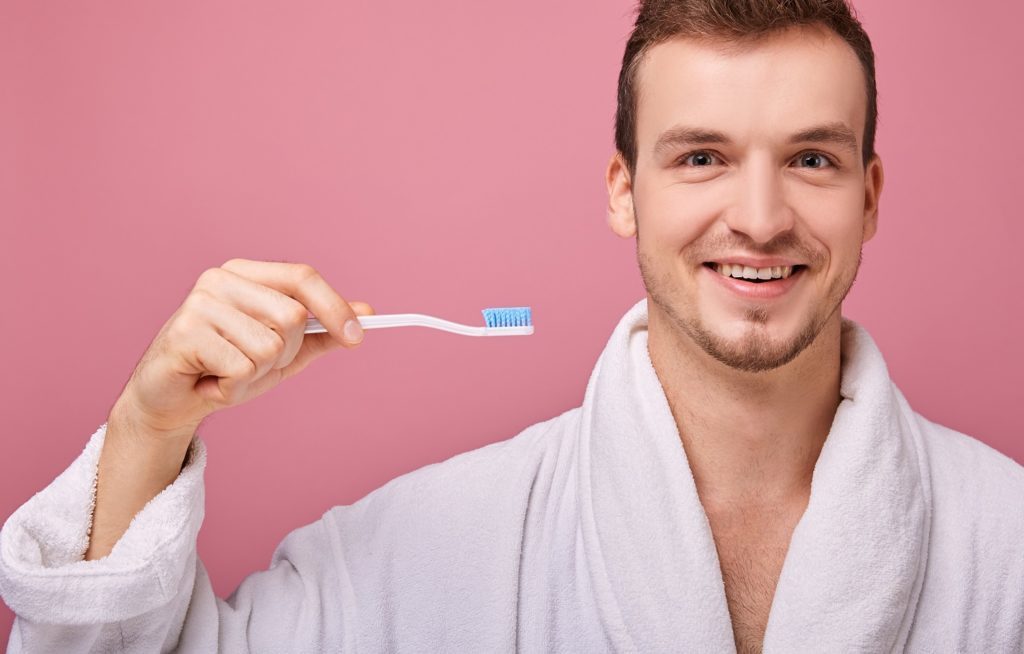Taking good care of your mouth and teeth can help avoid problems as you age. If you have healthy teeth and gums, it will be easier for you to eat and enjoy food. Several issues may affect your oral health, but proper care can keep your teeth and gums stronger with age.
Let’s dig a little deeper into the most common teeth and mouth problems and how to get rid of them.
Tooth decay
A hard enamel outer layer covers your teeth. Every day, a segment of the bacterial film called plaque accumulates on your teeth. The acid produced by the bacteria in the plaque can damage the enamel and cause tooth decay.
Brushing your teeth and flossing your teeth can prevent tooth decay, but once a cavity in a tooth forms, the dentist must repair it.
Use fluoride toothpaste to protect your teeth from decaying. If you have a higher risk of tooth decay, you may need more fluoride. Your dentist in Newport Beach or dental hygienist may provide fluoride treatment in the form of a gel or mouthwash at home.
Gum disease
Gum disease begins when plaque builds around the gum line and below the gum line. This plaque can cause infections that can damage the gums and bones that hold the teeth in place.
It can soften your gums and make it easier to bleed. This problem, called gingivitis, can usually be solved by brushing your teeth and flossing every day.
Prevention of gum disease:
- Brush twice daily with fluoride toothpaste.
- Floss once a day.
- Visit the dentist regularly for inspection and cleaning.
- Eat a balanced diet.
- Quit smoking. Smoking increases the risk of gum disease.
How to clean teeth and gums
The right way to brush your teeth and floss every day:
- Gently brush your teeth with a soft brush and fluoride toothpaste.
- Use small circular motions and short round trips.
- Carefully brush light along the gum line.
- Gently brush the tongue to keep the mouth clean.
- Floss your teeth. Carefully use the floss to remove plaque and leftover food that cannot be reached by the toothbrush.
- Spit after flossing.
People with bone diseases like arthritis may find it difficult to hold and use the toothbrush. Some useful tips are:
- Use an electric or battery-powered toothbrush.
- Slide an added handle or foam tube onto the handle of the toothbrush.
- Buy a toothbrush with a larger handle.
- Attach the handle to your hand with a loose strap.
If brushing your teeth or using dental floss causes bleeding or injury to your mouth, go to the dentist. If you are experiencing problems with flossing, you can use a floss holder or instrument. Ask your dentist in Newport Beach to show you the correct way to use floss.
How to use floss
- Wrap the floss around your index finger of each hand to guide it around your mouth and make sure you are holding on to the ends of the string tightly and securely.
- Floss between the upper teeth
- Floss between the lower teeth
- Spit
Dentures
Sometimes, dentures are needed to replace severely damaged teeth. Partial dentures can be used to fill one or more missing teeth. At first, your dentist in Newport Beach may want to meet with you often to check on the status of your dentures and to make sure that they are fitting and functioning properly.
As you age, your gums can change shape, and you may need to adjust or replace your dentures. Make sure your dentist makes these adjustments.
Be careful when wearing dentures, as this may make it challenging to feel hot food and drinks or locate bones in your food. When learning to eat with dentures:
- Start with soft, non-sticky food.
- Cut the food into small pieces.
- Chew slowly with the sides of the mouth.
- Keep the dentures clean and avoid eating sticky food. Otherwise, it may cause tooth stains, bad breath, or swelling of the gums. Brush your teeth with a denture care product every day.
- Remove the dentures from your mouth at night and soak it in water or denture cleaning solution.
9Dry mouth
Your mouth will often become dry when you do not have enough saliva to keep your mouth moist. It can make it difficult for people to eat, swallow, taste, and even talk. Dry mouth can cause tooth decay and other oral infections. Many common drugs can cause this problem as a side effect.
Oral Cancer
Oral cancer can grow in any part of the mouth or throat. It is more likely to occur in people over the age of 40. Dental checkups are a good time for your dentist to look for signs of oral cancer.
Pain is not the first symptom of oral cancer. The treatment works best before the disease spreads. Even if you don’t have your natural teeth, you should still go to the dentist for regular oral cancer screenings.
Different ways to help reduce the risk of developing oral cancer:
- Do not use cigarettes, electronic cigarettes, chewing tobacco, snuff, pipes, or cigars.
- If you drink alcohol, drink moderately.
- Use a lip balm with sunscreen.
Looking for low-cost dental care
Dental care can be expensive. Medical insurance does not include routine dental care, and few states provide dental insurance. You may want to check private dental insurance for the elderly. Make sure you understand the costs and services covered!
